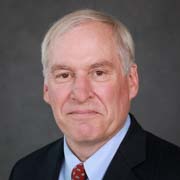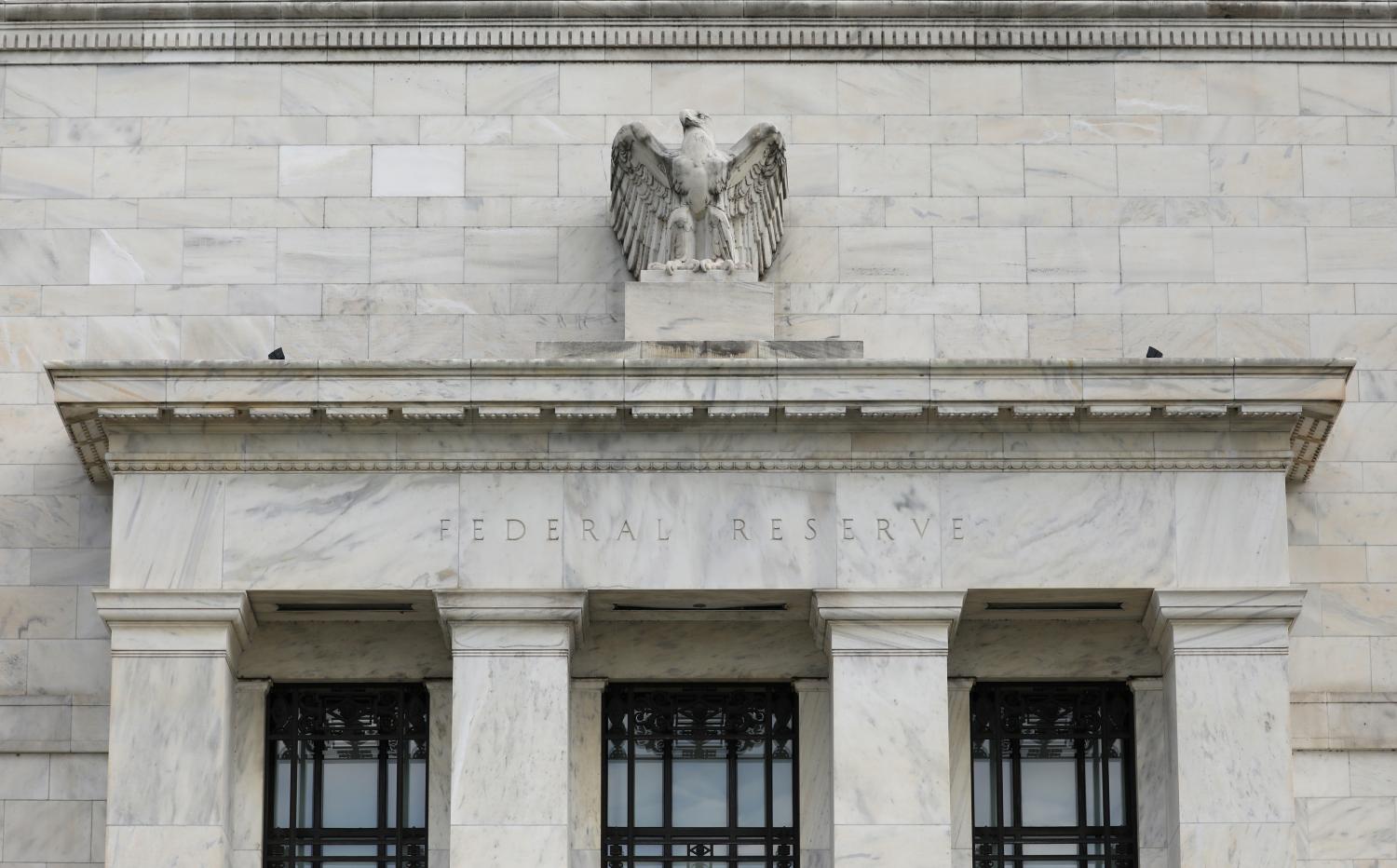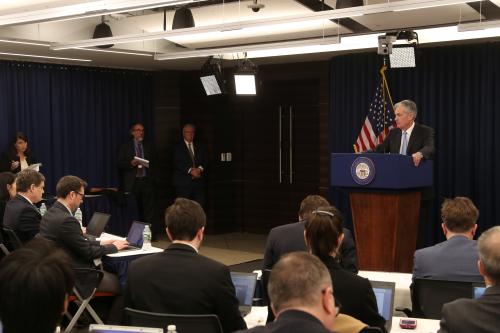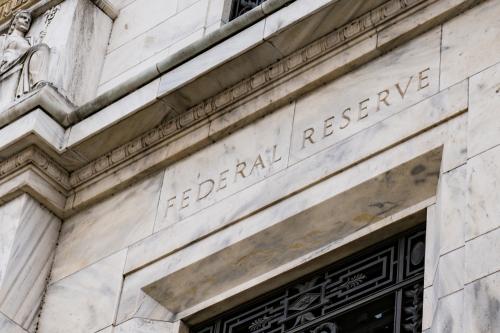This paper is part of the Fall 2018 edition of the Brookings Papers on Economic Activity, the leading conference series and journal in economics for timely, cutting-edge research about real-world policy issues. Research findings are presented in a clear and accessible style to maximize their impact on economic understanding and policymaking. The editors are Brookings Nonresident Senior Fellow and Northwestern University Economics Professor Janice Eberly and James Stock, Brookings Nonresident Senior Fellow and Harvard University economics professor. Read summaries of all five papers from the journal here.
Abstract
Would a more open and regular evaluation of the monetary policy framework improve policy in the United States? Even when considering a relatively short timeframe spanning the 1960s to present, it is possible to point to many significant changes to the framework. Some of the changes were precipitated by acute economic conditions, others were considered and implemented only gradually as a response to long-standing problems with the framework. But the process for evaluating and changing frameworks to date has not always been transparent, and changes have not always been timely. Could a more formal, and open, review improve how well we adhere to our current framework? Could transitions to a new framework be made more effectively? We conclude that such a review might indeed be beneficial, and outline one possible review process.
Citations
Fuhrer, Jeffrey, Giovanni Olivei, Eric Rosengren, and Geoffrey Tootell. 2018. “Should the Fed Regularly Evaluate its Monetary Policy Framework?” Brookings Papers on Economic Activity, Fall, 443-517.
Conflict of Interest Disclosure
The authors are officers and employees of the Federal Reserve Bank of Boston. Beyond these affiliations, the authors did not receive financial support from any firm or person for this paper or from any firm or person with a financial or political interest in this paper and they are currently not officers, directors, or board members of any organization with an interest in this paper. No outside party had the right to review this paper before circulation. The views expressed in this paper are those of the authors, and do not necessarily reflect those of the Board of Governors or the FOMC.
The Brookings Institution is committed to quality, independence, and impact.
We are supported by a diverse array of funders. In line with our values and policies, each Brookings publication represents the sole views of its author(s).








